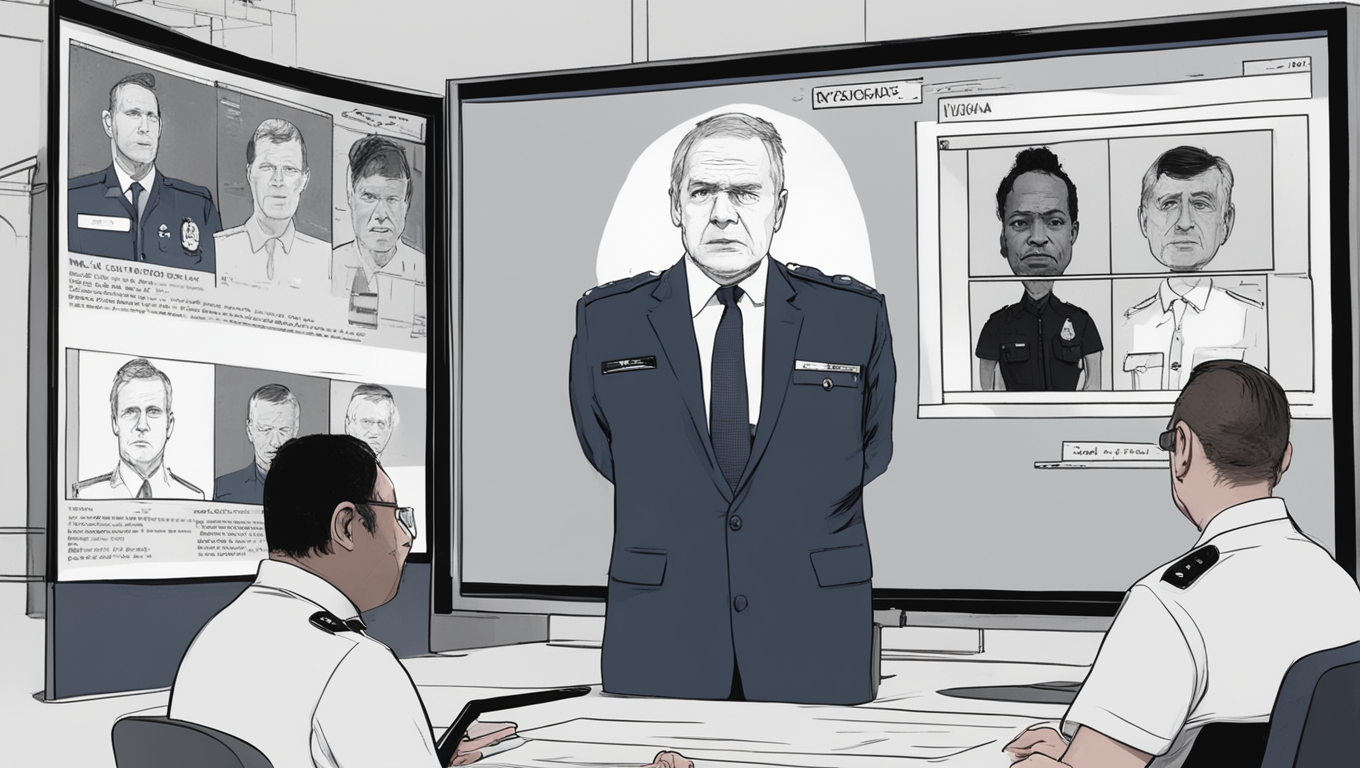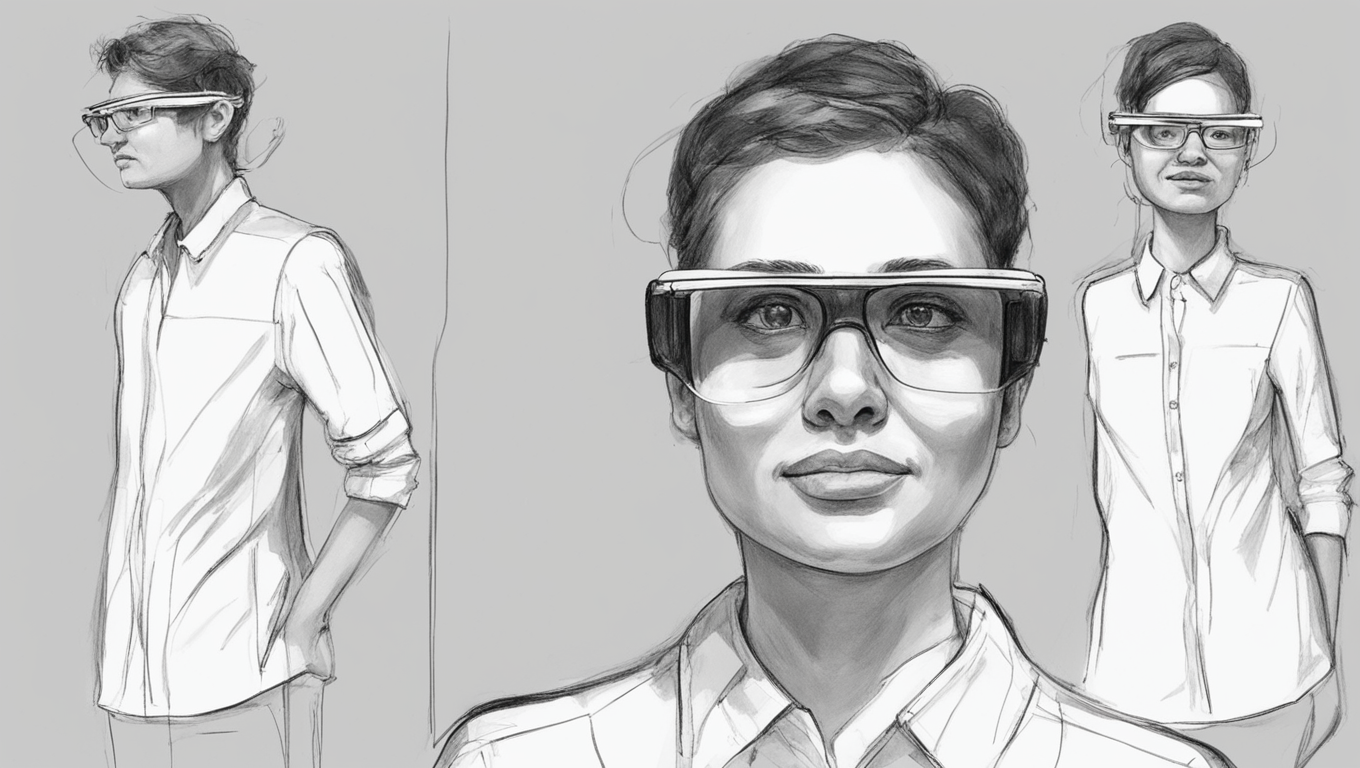The policing minister, Chris Philp, is urging police forces in the UK to double their use of facial recognition software to track down criminals. In a letter to force chiefs, Philp has suggested a target of over 200,000 searches of still images against the Police National Database using facial recognition technology by May. He also encourages police to expand the deployment of live facial recognition cameras. Philp believes that these advancements will enable the police to “stay one step ahead of criminals” and make the streets of Britain safer.
However, this push for greater use of the technology is expected to face criticism from some parliamentarians. Last month, a cross-party group of MPs and peers called for an immediate halt to the use of live facial recognition surveillance by police and private companies. They argue that the technology is a “suspicionless mass surveillance tool” that infringes on privacy rights. The group includes prominent figures such as former Brexit secretary David Davis, Liberal Democrats leader Sir Ed Davey, Green MP Caroline Lucas, and former Labour shadow attorney general Baroness Shami Chakrabarti. The joint statement was also supported by 31 organizations, including Big Brother Watch, Liberty, Amnesty International, and the Race Equality Foundation.
Despite these concerns, the Home Office defends the use of facial recognition technology, stating that it is governed by data protection, equality, and human rights laws. They argue that the technology can accurately identify individuals wanted for serious crimes and help find missing persons. The department also claims that AI surveillance methods, such as facial recognition, can free up police time and resources and allow for more officers to be present in communities. They emphasize that notices are put up in areas where live facial recognition is used, and if the system does not make a match against a watch list, a person’s data is immediately and automatically deleted.
The Home Office provided examples of successful deployments of live facial recognition technology, including the arrest of three wanted suspects, one for sexual offenses, at last month’s Arsenal v Tottenham football match. Another wanted sex offender was also identified and sent back to prison on the same day during a coronation ceremony in May. This demonstrates the potential effectiveness of the technology in catching criminals.
Policing minister Chris Philp justified the push for increased use of facial recognition technology, stating, “AI technology is a powerful tool for good, with huge opportunities to advance policing and cut crime.” He stressed that the aim is not to acquire new technology for the sake of it but to enhance policing capabilities and ultimately create safer streets.
As discussions around the use of facial recognition technology continue, it remains to be seen how the opposing viewpoints will be reconciled. The UK Government is hosting a global artificial intelligence (AI) safety summit this week, providing an opportunity to further explore the benefits and concerns surrounding the technology.





Use the share button below if you liked it.